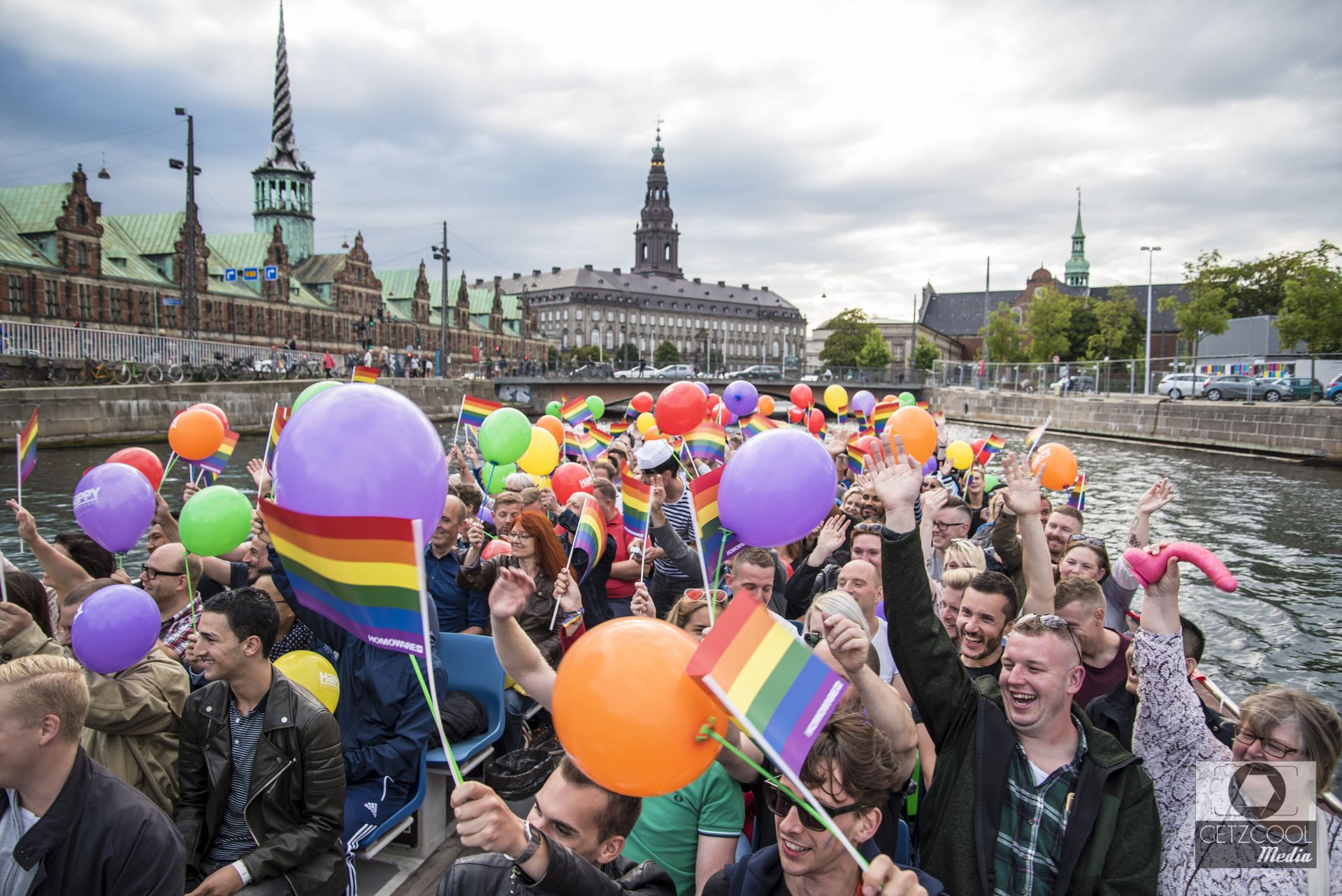When Copenhagen 2021 kicks off on August 12, it is the culmination of several years’ work. In 2015, the team behind the annual Copenhagen pride parade began an ambitious plan to get the largest LGBTI+ event in the world – WorldPride – to Copenhagen.
Meanwhile, sports association Pan Idræt had a similar bid to bring EuroGames to Copenhagen – a LGBTI+ sporting event open to everyone, irrespective of sex, age, sexual identity or physical ability.
Both bids were successful in 2017.
WorldPride and EuroGames were combined under the umbrella of Copenhagen 2021, Malmö was brought in as collaborator and the biggest LGBTI+ event in Scandinavian history – with free concerts, 22 sport activities, digital events, a human rights conference and over a thousand events – was born.
A degree of seriousness
“We really want to position Copenhagen as the LGBTI+ capital of Northern Europe,” said Steve Taylor, the director of communications for Copenhagen 2021, about the organisers’ ambitions for the mega-event. But rights issues are just as important to Copenhagen 2021 as the more colourful aspects.
“You can have lots of fun at Copenhagen 2021, but we do it while tackling serious business. We wanted to use the status of Copenhagen to have an international conversation and create an event that people talk about in the global history of LGBTI+ politics and advocacy.”
While the organisers behind Copenhagen 2021 are proud of Denmark’s LGBTI+ history, they argue that there are still challenges to be solved.
“As much as we are advocating for LGBTI+ equality in Nigeria, Saudi Arabia and Pakistan, we’re also advocating for the Danish government to move on those last remaining LGBTI+ issues that they still need to deal with,” explained Steve Taylor.
Some work to be done
Among the key issues, Copenhagen 2021 points to the rights for trans and intersex people as well as the fact that conversion therapy is legal in Denmark. This makes it possible for an institution to encourage LGBTI+ people to ‘pray the gay away’ – a practice that has been compared to torture by the UN.
“No Nordic nation has as yet banned conversion therapy, which is shocking.”
A Rainbow Europe Index is published every year, ranking European countries according to LGBTI+ equality. In 2021, Denmark ranked at number nine with 64 points out of a possible 100 – a position the Copenhagen 2021 team would like to see improved.
“It’s tricky, we accept that. But other countries have managed this. We can all look at Malta, which is the best in Europe on the Rainbow Europe Index. Malta has dealt with most of these issues already.”
The Øresund Declaration
As part of the human rights conference at Copenhagen 2021, politicians and global leaders will sign the Øresund Declaration, which has 15 demands from the decriminalisation of homosexuality, marriage equality and consent. The goal is that over the next nine years, countries that sign on can be measured against the declaration and live up to their promise.
“That’s the long-term ambition for the global human rights agenda that will come out of the event. We’re hopeful it will help to position Denmark as one of, if not the, leading nation in the world for LGBTI+ equality.













